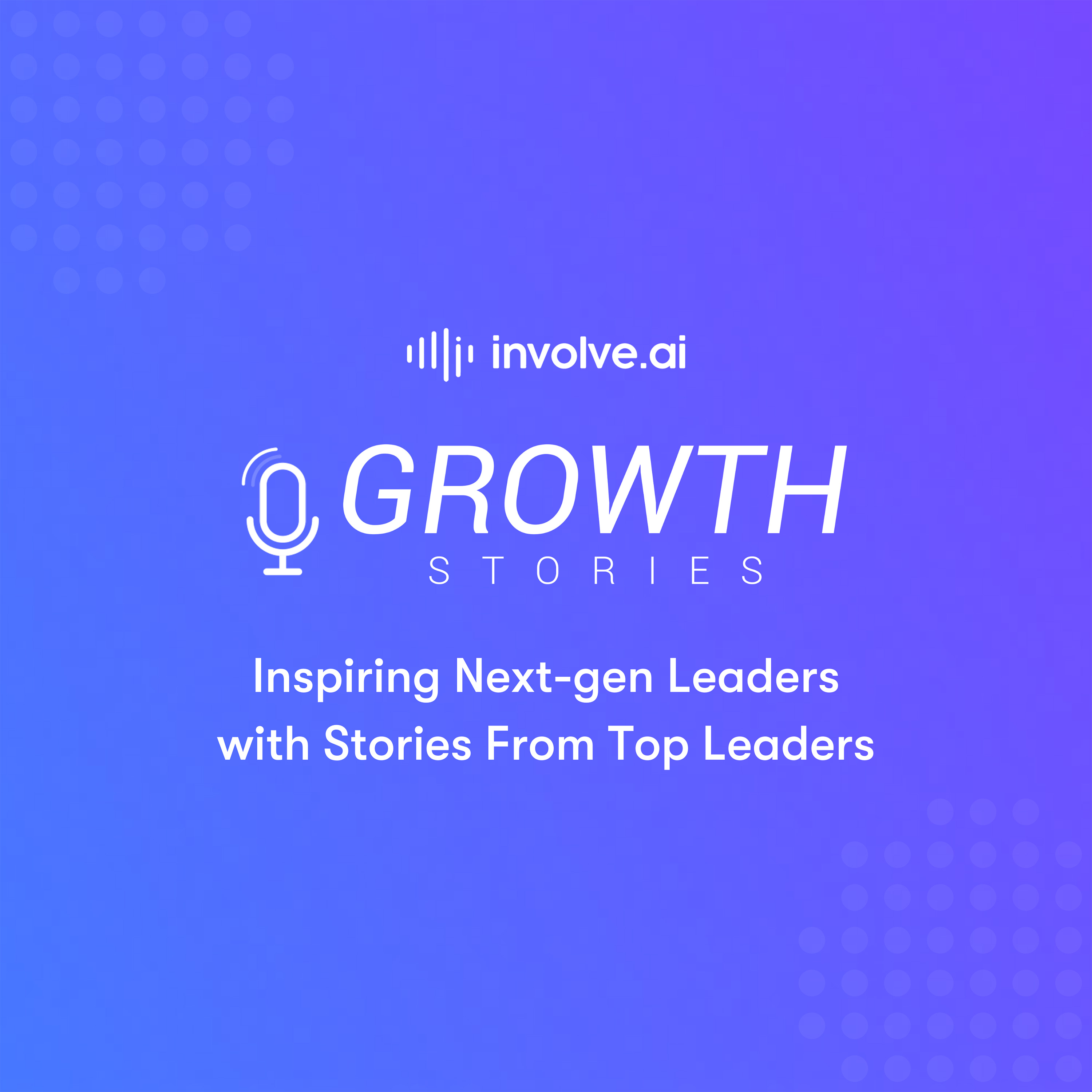
Hi Customer Intelligence Community, I'm Eric Grunden, the CCO for MatrixCare, part of ResMed. A few weeks ago, I participated in a panel with involve.ai's Mary Poppen and WalkMe's Wayne McColluch, and while our conversation centered around the role of CS in shifting markets, we veered into some very human topics, near and dear to my heart. I wanted to share some of those thoughts here - the way CS, data, and empathy interact - and the story behind my perspective.
We often, and rightfully, focus on Customer Intelligence as a means of revenue retention. But we risk forgetting that it also runs deeper than that. Good CI gives us, as leaders and organizations, a path to be more human. It allows our teams to be heroes and to build meaningful relationships with customers most in need of support.
“We do not lose a customer during this time”
My company experienced this firsthand during the last economic downturn, in the early days of the pandemic. As an Electronic Health Records software for post-acute healthcare settings like skilled nursing facilities and home health, MatrixCare experienced the economic and CX impacts of the pandemic in a unique way.
Our customers - home health, hospice, assisted living and skilled nursing organizations - were intensely impacted by COVID. They were losing residents, patients, and money. They didn’t have time to deal with our teams, much less pay invoices.
By looking at the data, we understood that these organizations were using and needing our products more than ever. We could have suspended access until bills were paid, but Customer Intelligence is about more than anticipating and fulfilling revenue. It’s about knowing customers’ pain and being customer-centric. Rather than heaping pain on organizations already struggling financially and emotionally, we said “We do not lose a customer during this time.” We let data drive empathy - we wanted these organizations to use our products, especially in the midst of a pandemic. Our CS team became even more reliant on customer feedback: how could we serve these customers better and help them make it through this moment?
Not only did this choice bring us closer to our customers, it also positively impacted our employees. By making a conscious choice to show empathy and flexibility, we made our CSMs into heroes rather than antagonists. We empowered them to have conversations with customers about what they needed, and gave them the flexibility to suspend payments and come up with alternate plans.
Data-driven empathy in uncertain times
These are important lessons as we face a new market shift. During recessions, B2B businesses risk losing opportunities, and - worse - customers because prospects and customers are:
-
Holding their purse strings more tightly
-
Scrutinizing the value of their spending and looking to cut costs
-
Consolidating through M&As
-
Going through significant pain - going out of business, consolidating, and sometimes facing impacts more nuanced than financial.
Yes, Customer Intelligence can help us during such times in data-driven ways: it can help us scrutinize our programming and accounts that don’t seem to consider our services imperative; it can help us segment and clearly define experiences for each segment; and it can help us track data around customers who are consolidating or going out of business. But it can also help us in a deeper and more meaningful way, by ensuring we’re listening to customers’ shifting needs and ensuring our own employees can make a positive impact.
In short, data-driven doesn’t mean cold and calculated. It means starting from data in order to impact real people, through empathy, collaboration, and action. I was thrilled to talk with two other leaders who understand that so powerfully, and would love to hear more stories about data-driven empathy from fellow community members.

